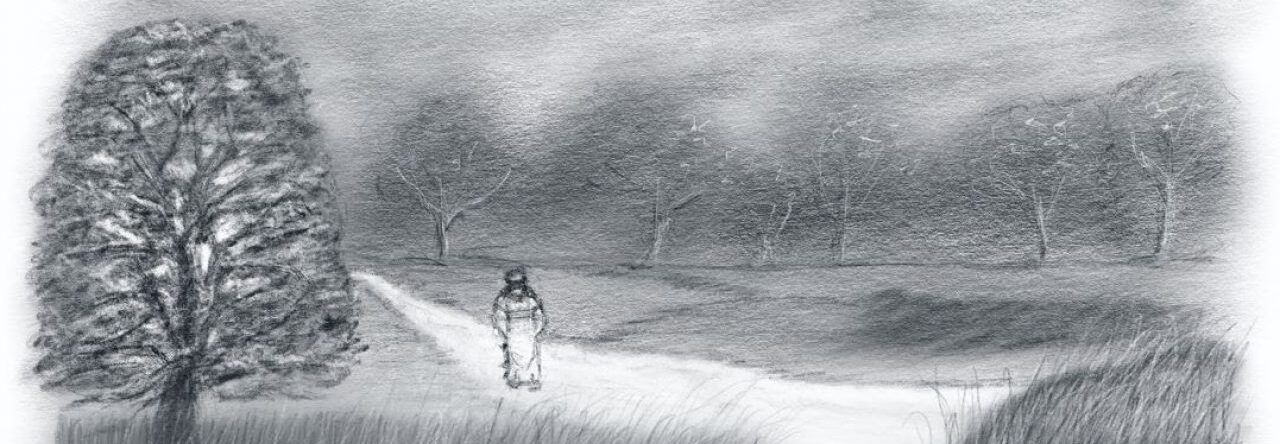Yesterday, while waiting for the Good Friday service to begin, I was really struck by the impact the bare altar had on me. All of the candles were gone. The altar cloth had been removed. Crucifixes were wrapped in purple cloth. The tabernacle was there with its doors wide open, and it was empty. It really brought home the fact that we were remembering the day Jesus was crucified and buried for our sins.
As I pondered sin and its grievous nature, I realized how little I appreciate the depth of my sins. While a part of me knows that my sin is grievous, a part of me wants to think, I’m a good person. I only do small, venial sins. I’m only responsible for a thorn in his crown, one that is just scratching his skin. Nothing could be further from the truth.
I know I’m telling myself a lie, but I have yet to find the eject button that would clear the decks and allow me to more fully appreciate the extent my sins played in his death. I have yet to find the key to this deeper appreciation for what he did for me, which would lead to a deeper conversion, and a closer walk with him. I am still too proud to take responsibility for that which I knowingly do.
I have gotten close a few times. For instance, yesterday, I was reading from Knowing the Love of God by Fr. Garrigou-Lagrange. He promoted a reflection on the malice of sin, even venial sin. By this he meant that God calls us to live the divine life. He is there beckoning us to him, and we choose earthly treasures over the amazing gift that he offers. How appalling is that – that I would choose a metaphorical bobble over the glory, power, and might of the Lord our God who created me to be in union with him? He also talks about how sin blinds us to the malice of sin. Unfortunately, he also talks about the fact that the conscience always knows when we are choosing incorrectly, even when we ignore our conscience. We are culpable, even though we lie to ourselves about the grievousness of even the slightest sin.
Still, the part of me that longs to balance between the things of the world and the things of Jesus’ kingdom struggles to admit my guilt. To experience something that leads to deeper conversion requires change, change that I resist. So, the blindness to the malice of sin continues.
At the same time, Jesus preaches a message of hope. In fact, he sent the Holy Spirit to dwell within us. The Holy Spirit is a source of grace, and grace is the answer to our sinful nature. Grace is something that beckons gently without overriding a person’s will. It is easy to overlook unless we build habits of looking for it and following its lead. So today, let us commit or renew our commitment to relying on grace to lead us from sin; to bolster us in the pain of changing from things of the world in favor of God who is love and the ultimate fulfillment of all of our needs.
Spend some time with the Holy Spirit sitting in awareness of the stark reality that he died for you. Invite him to melt your heart at least a little today and every day as you learn to take more responsibility for your sinfulness. Ask him to show you how to cooperate with grace and move towards a less and less sinful life. Ask him to help you suffer your own crosses as you make changes in your life, and learn to live a life in Christ more and more fully.
In Him,
dw


